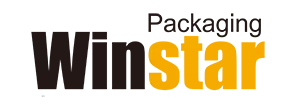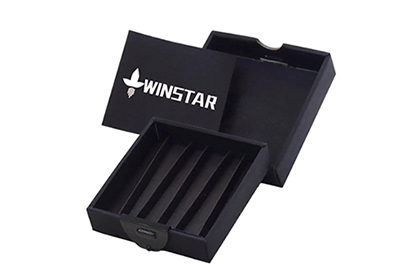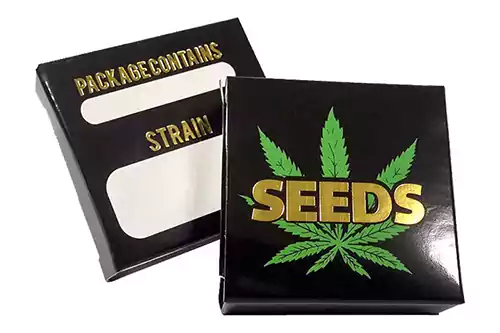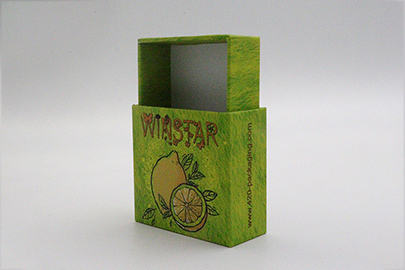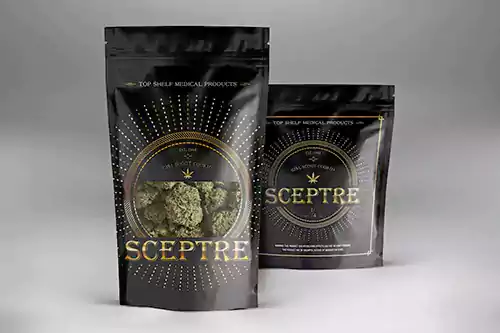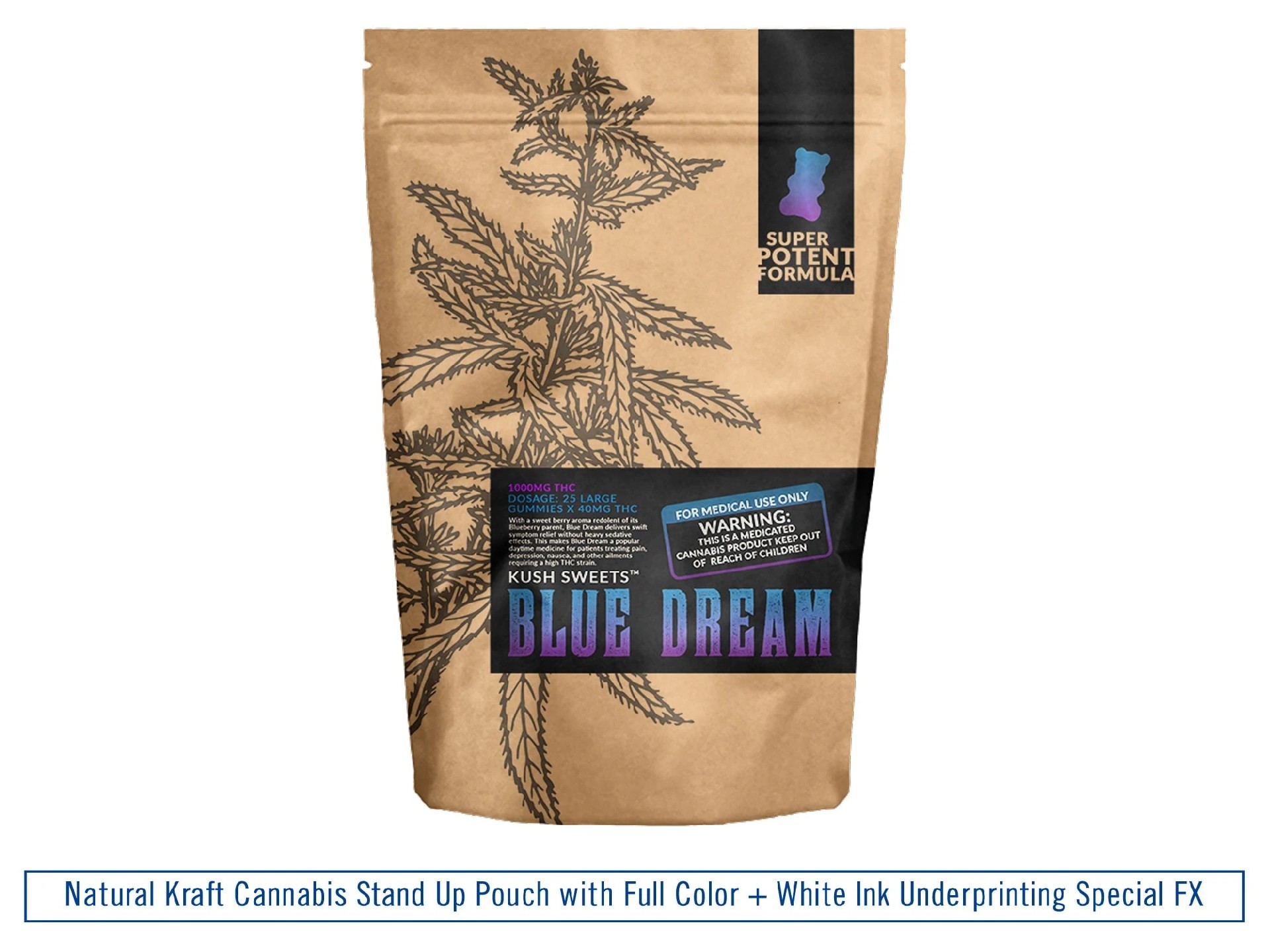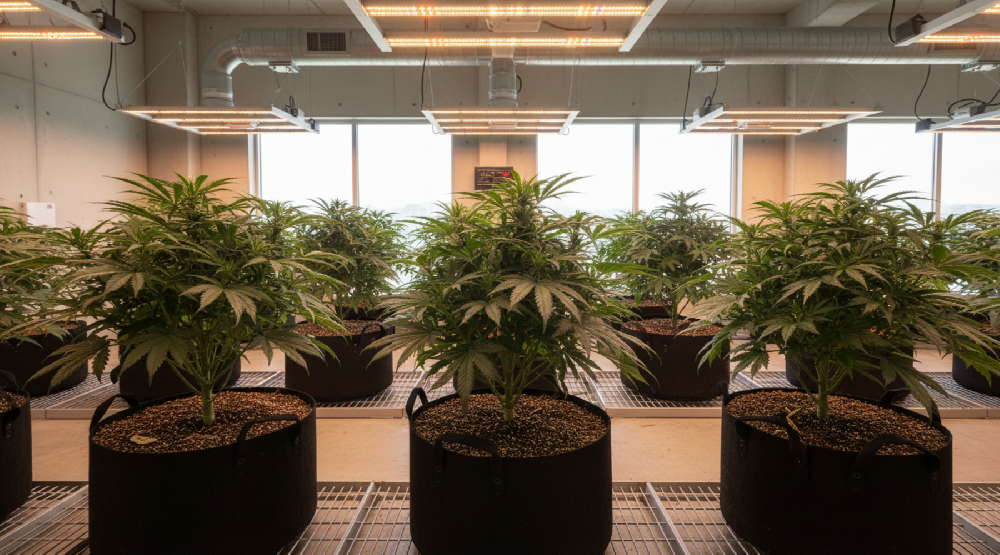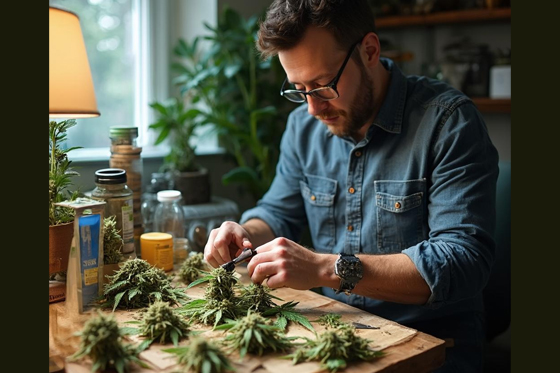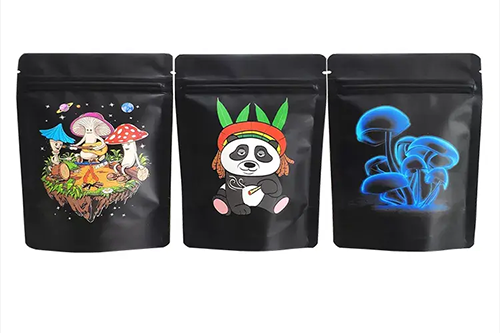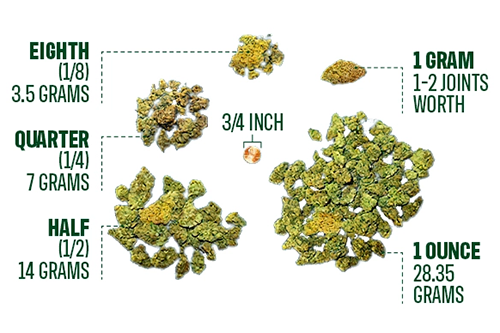Short answer: They aren’t outright banned from using cannabis, but players can still get flagged during a brief THC testing window in training camp and—if they’re in the Intervention Program—can face fines and increased testing. Since 2020, the league no longer suspends players solely for positive marijuana tests. In December 2024, the threshold for a positive THC test was raised again, further reducing accidental positives.
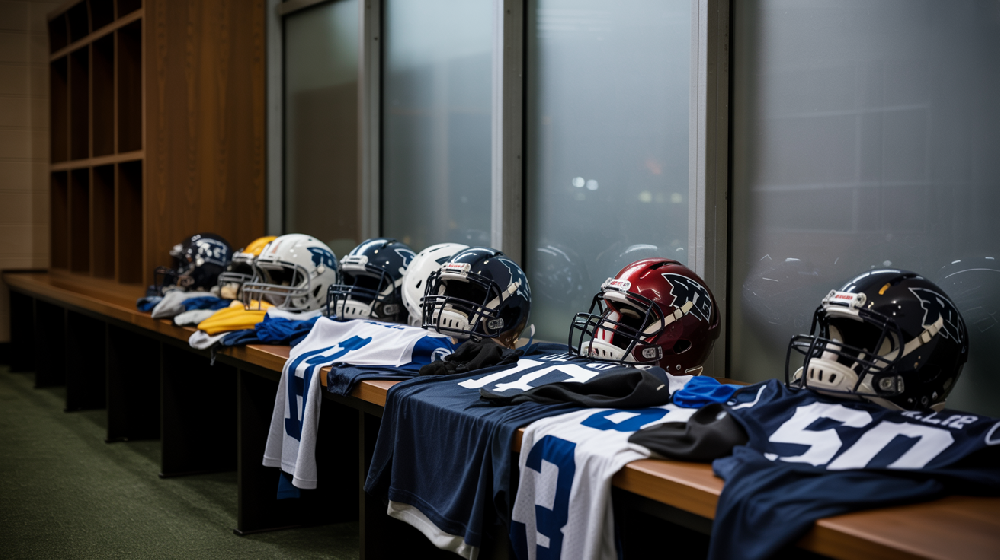
Not legal or medical advice. This article explains league policy and general legal context for readers in the United States.
Quick Facts (At a Glance)
| Topic | Where It Stands (2025) |
|---|---|
| Are players suspended just for THC? | No. Suspensions for marijuana alone were eliminated with the 2020 CBA. |
| When do they test for THC? | Once during training camp (from the start of camp to the club’s first preseason game). Players in the Intervention Program can be tested year-round under that program. |
| THC positive threshold | Raised to 350 ng/mL in December 2024 (previously 150 ng/mL; pre-2020 was lower). |
| Discipline for positives | Primarily fines and clinical intervention (no automatic suspensions for THC). |
| Does state law matter? | Yes for arrests/possession off the field; league policy still applies regardless of local legalization. |
How NFL THC Testing Works Now
For players not already in the Intervention Program, the NFL’s THC test is tied to training camp—specifically from the start of camp until a team’s first preseason game. That testing is typically conducted team-wide or by position group. Outside that window, there’s no routine THC test for the general player population, though players in the Intervention Program can be tested at the Medical Advisor’s direction.
Key nuance: Players in Stage One or Stage Two of the Intervention Program can be tested much more frequently, including during the season, and may face escalating fines for violations.
What Changed in 2020—and Again in 2024
2020 CBA reset the approach
Ended league suspensions solely for positive marijuana tests.
Cut the THC testing window down to two weeks at the start of training camp (previously four months).
Raised the positive threshold from 35 ng/mL to 150 ng/mL.
December 2024 policy update
THC threshold raised again to 350 ng/mL.
Fines adjusted and certain procedures/notifications updated (e.g., clubs no longer told which specific substance led to a positive under the SOA policy; they’re informed only of a violation and penalty).
“It’s legal in my state”—Does That Matter?
Local legalization doesn’t override league policy. A player could be in full compliance with the NFL’s testing schedule and thresholds but still be arrested for possession in a state where marijuana remains illegal. Any arrest or criminal disposition can trigger review under the NFL’s Personal Conduct Policy—even if the underlying substance wouldn’t cause a league suspension by itself. In short: league rules and state law both matter.
What Discipline Looks Like Today (Fines, Not Suspensions)
If a player in the Intervention Program tests positive for THC (or misses a test), the likely consequence is a fine—scaled by violation history—and additional clinical oversight/testing. The current policy emphasizes clinical care and behavior change more than punitive suspensions for cannabis alone. Suspensions today typically arise from performance-enhancing drugs or repeated non-compliance with treatment/testing directives—not from a single THC positive.
Practical Tips Players Consider
Know the window: The brief training-camp test is the main exposure for THC if you’re not already in the Program.
Watch product labels: Some “CBD” products contain trace THC that can accumulate; threshold is higher now, but not infinite.
Mind local law: Team cities and road venues may be in states with very different rules on possession.
Program status matters: Entering Stage One/Two changes testing frequency and ups the stakes for missed tests.
FAQs
So…can NFL players smoke weed?
There’s no blanket ban on personal cannabis use, and players are no longer suspended just for THC positives. But they can still test positive during training camp (or year-round if they’re in the Intervention Program) and face fines and monitoring. State law also applies off the field.
When exactly is the THC test?
From the start of training camp through the club’s first preseason game. That’s the main THC exposure for players not already in the Program.
What counts as a “positive” now?
The THC threshold was increased to 350 ng/mL in December 2024.
Are there still suspensions related to drugs?
Yes—for performance-enhancing substances and for repeated non-compliance with clinical directives. Cannabis by itself doesn’t trigger automatic suspensions under today’s policy.
Do teams test during the season?
Routine THC testing is tied to training camp for the general player population. Players in the Intervention Program can be tested throughout the year.
What if it’s legal where I live?
League rules still apply, and arrests in prohibition states can lead to separate conduct reviews.
Is medical marijuana an automatic exception?
No blanket exemption is written into the policy. Clinical care is emphasized, but players remain subject to testing windows and thresholds.
What happens on a first THC positive in the Program?
Typically a fine (not a suspension) and continued clinical oversight; amounts scale with repeated violations.
Could secondhand smoke cause a positive?
The threshold is set high to reduce that risk, but the policy explicitly precludes “passive inhalation” as a defense in appeals.
Where can I read the official documents?
See the NFLPA’s Policy and Program on Substances of Abuse and official league updates; links are in the Sources section below.
